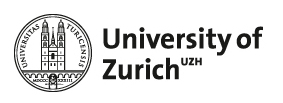Construção do saber escolar – gramáticas da primeira infância
DOI:
https://doi.org/10.11606/issn.2176-9419.v12i1p69-90Keywords:
primary instruction during the Empire, the Lancaster method, intuitive method, early childhood grammar booksAbstract
Primary instruction during the Empire was making little progress in the first half of the 19th century. Several projects had been presented with no practical results, and only from 1854 onwards this situation began to change due to the Couto Ferraz reform. Elementary schools used to be divided into two sections, primary and secondary, the basic curriculum of the former including “elementary notions of grammar”, which caused the number of publications of grammar books to go up. From 1870 on, a decree by Leôncio de Carvalho, which was based on Pestalozzi’s and Froebel’s ideas, shed some new light upon students and the learning process. It consisted of the implementation of the intuitive or “lesson with things” method instead of the one that had been proposed by Lancaster. This historical moment corresponds to the focus of this paper, in which two grammar books that were published in that period (1864 and 1886) are analyzed. Taking the study of these books as part of cultural history, we look into the way in which they were envisioned and constructed. The analysis is based on the History of Linguistic Ideas.
Downloads
Downloads
Published
Issue
Section
License
Copyright is transferred to the journal for the online publication, with free access, and for the printing in paper documents. Copyright may be preserved for authors who wish to republish their work in collections.






















